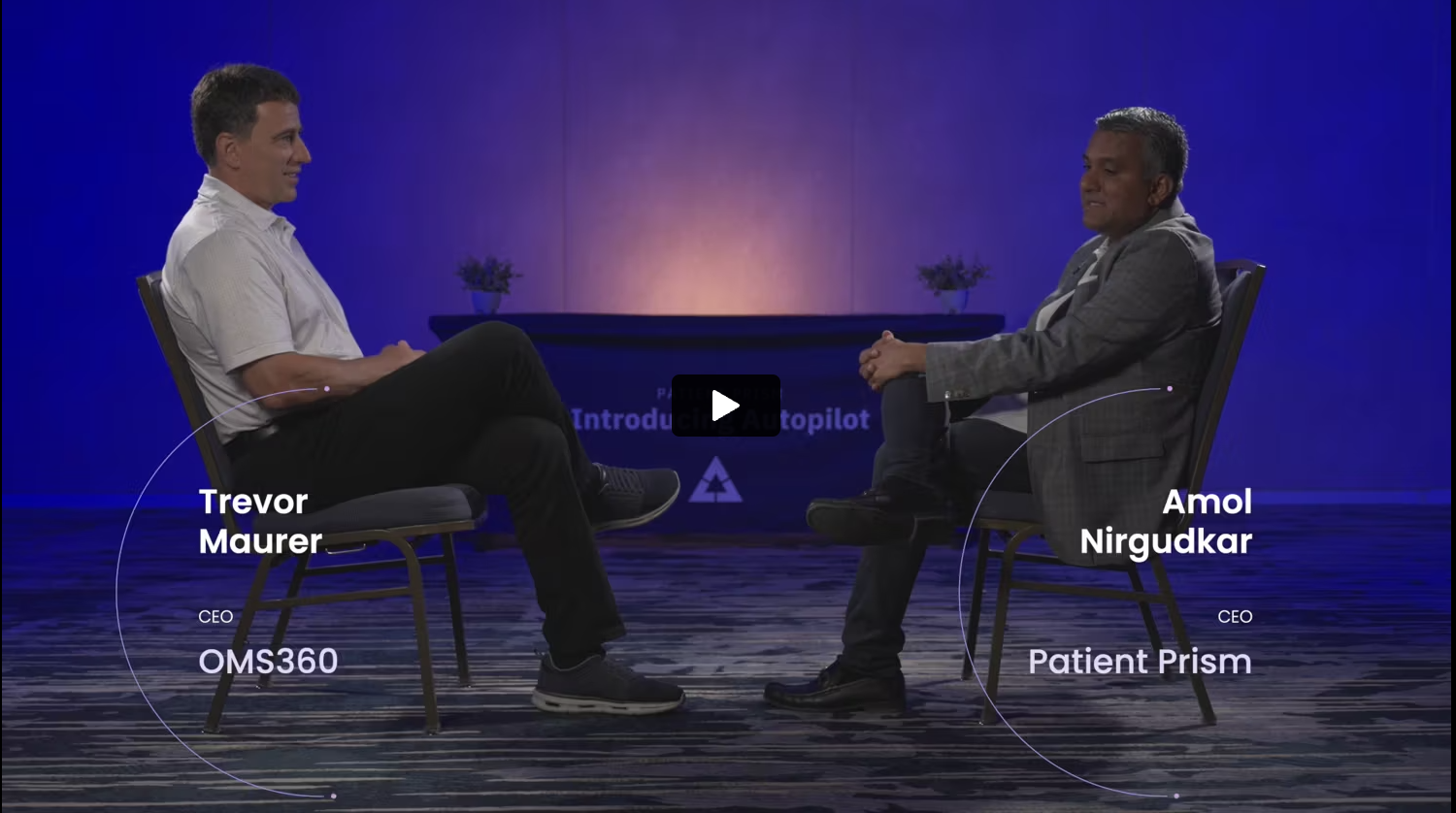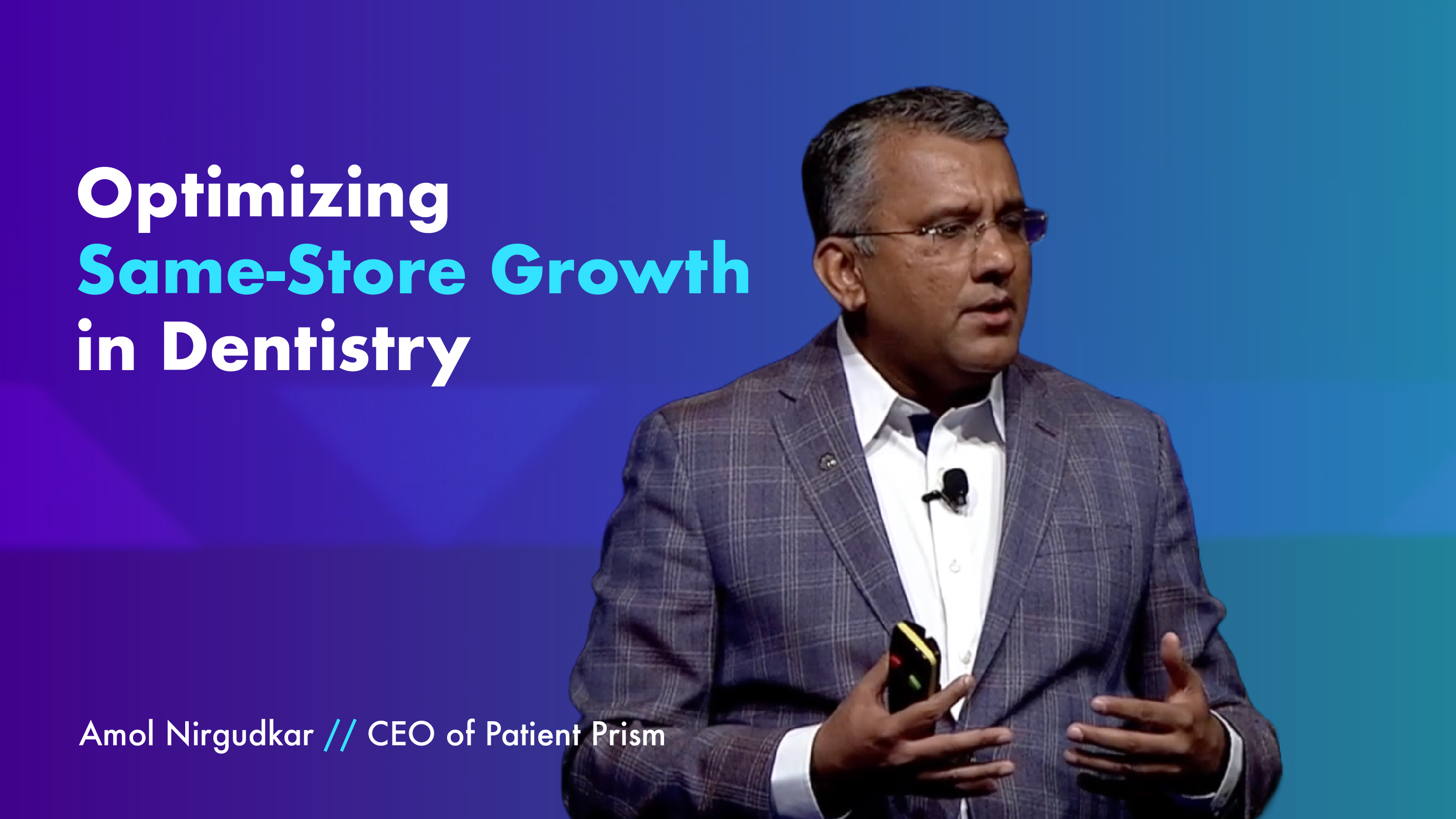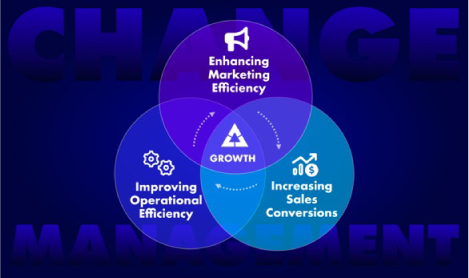Research is a cornerstone of dermatology, driving advancements in treatments and understanding of skin conditions. Conversational AI can play a pivotal role in supporting dermatology research by facilitating data collection, analysis, and patient participation.
Efficient Data Collection
Gathering data is fundamental to any research, but it’s often time-consuming and labor-intensive. Conversational AI simplifies this process. By automating surveys and patient interviews, AI chatbots can efficiently collect patient-reported outcomes, track symptoms, and gather feedback on treatments. Imagine a chatbot that checks in with patients daily, asking about their symptoms and treatment experiences. This real-time data collection provides researchers with a wealth of information without the usual hassle, allowing them to focus on analyzing results rather than chasing down data.
Enhanced Patient Recruitment
Finding the right participants for clinical trials can be like looking for a needle in a haystack. Enter AI. Conversational AI can sift through patient databases and use natural language processing to screen for eligibility. By identifying suitable candidates quickly and accurately, AI helps researchers recruit participants more efficiently. This not only speeds up the research process but also ensures that studies have the right mix of participants for meaningful results.
Improved Data Analysis
Once the data is collected, the next challenge is making sense of it. AI systems excel here too. They can analyze large datasets swiftly, identifying patterns and correlations that might be overlooked by human researchers. For example, an AI might find that a particular treatment works best for a subset of patients with specific genetic markers. These insights can accelerate the research process, leading to new breakthroughs in our understanding of skin conditions and the development of targeted treatments.
Patient Engagement in Research
Keeping patients engaged in long-term studies is a challenge. Conversational AI can help by maintaining continuous communication with participants. AI-driven chatbots can provide updates, answer questions, and remind patients about study protocols. This ongoing engagement not only improves patient retention but also ensures compliance with study requirements. When patients feel informed and supported, they’re more likely to stay involved, contributing to the study’s success.
Conversational AI has the potential to significantly enhance dermatology research by streamlining data collection, improving patient recruitment, speeding up data analysis, and keeping patients engaged throughout the research process. As AI technology continues to advance, its role in research will likely expand, offering even more sophisticated tools for dermatological studies.
Ready to see conversational AI in action? As this technology evolves, its contributions to dermatology research promise to be nothing short of revolutionary, paving the way for new discoveries and improved patient care.















 A few minutes can change everything.
A few minutes can change everything.